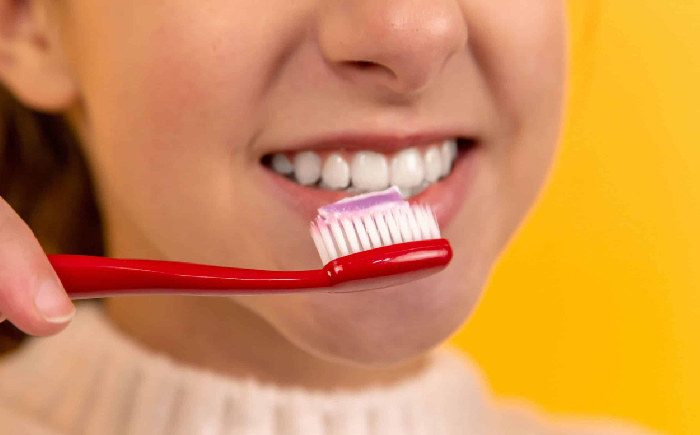
Oral hygiene is crucial for maintaining overall health and well-being. Good oral hygiene practices not only keep your teeth and gums healthy but also prevent oral diseases, such as cavities, gum disease, and bad breath. The foundation of any oral hygiene routine starts with brushing your teeth at least twice a day, using fluoride toothpaste. Brushing helps remove food particles and plaque—the sticky film of bacteria that forms on your teeth—preventing tooth decay and gum disease. Make sure to brush for at least two minutes, covering all surfaces of your teeth, including the fronts, backs, and chewing surfaces, as well as your tongue to remove bacteria that can contribute to bad breath.
In addition to brushing, using floss or interdental brushes daily is essential for removing plaque and food particles between your teeth and along the gum line, areas that a toothbrush may miss. Flossing helps prevent gum disease and cavities, especially in tight spaces where plaque can build up. It’s important to floss gently to avoid damaging your gums, and if you find it difficult to floss traditionally, you can use floss picks or water flossers as alternatives. Incorporating flossing into your daily routine can significantly improve your oral health by reducing the risk of plaque buildup and gum inflammation.
Rinsing with an antiseptic mouthwash can further enhance your oral hygiene routine. Mouthwash helps kill bacteria in your mouth, freshens your breath, and can reduce the risk of gingivitis and cavities. While mouthwash should never replace brushing and flossing, it can serve as an effective supplement to your routine. Choose a mouthwash with fluoride to help protect your teeth from decay, or one that targets specific concerns, such as bad breath or gum health. It’s important to follow the instructions on the label and use mouthwash after brushing and flossing for the best results.
Regular dental checkups and cleanings are crucial to maintaining oral health. Even with a consistent at-home oral hygiene routine, professional cleanings are necessary to remove tartar buildup, which can’t be removed by brushing or flossing alone. Visiting your dentist every six months allows for early detection of potential issues such as cavities, gum disease, or oral cancer, and ensures that your teeth are in optimal condition. Your dentist will also provide guidance on your oral hygiene routine and may recommend specific products or treatments based on your needs.
Another important aspect of oral hygiene is diet. What you eat plays a significant role in the health of your teeth and gums. Eating a balanced diet rich in vitamins and minerals, especially calcium and vitamin D, can help strengthen your teeth and gums. Foods like dairy products, leafy greens, and nuts provide nutrients that support healthy teeth and bones. On the other hand, sugary foods and drinks, such as soda and candy, contribute to tooth decay by providing food for harmful bacteria that thrive on sugar. Limiting your intake of sugary and acidic foods can help prevent cavities and gum irritation.
Lastly, don’t forget to take care of your gums. Healthy gums are essential for overall oral health, as they hold your teeth in place and protect the underlying bone. If you notice your gums bleeding when brushing or flossing, or if they become red, swollen, or tender, it could be a sign of gum disease. Gingivitis, the earliest stage of gum disease, is reversible with proper oral hygiene, but if left untreated, it can progress to more severe forms of gum disease, leading to tooth loss. Regular brushing, flossing, and professional cleanings are key to preventing gum disease and keeping your gums healthy.
Maintaining good oral hygiene requires a combination of daily habits, regular dental visits, and a healthy diet. By brushing and flossing consistently, using mouthwash, visiting your dentist regularly, and making smart food choices, you can keep your teeth and gums in excellent condition for years to come. Good oral health not only improves your smile but also contributes to your overall health, as poor oral hygiene has been linked to conditions like heart disease and diabetes. Developing and sticking to an effective oral hygiene routine is the key to a lifetime of healthy teeth and gums.
1819 N Washington Ave, Dallas, TX 75204, USA
+1 214-768-2503
info@healthynutritiontip.com
© Healthy Nutrition Tip. All Rights Reserved. Design by Healthy Nutrition Tip